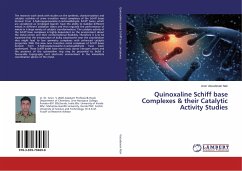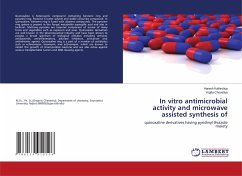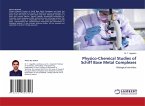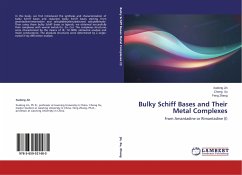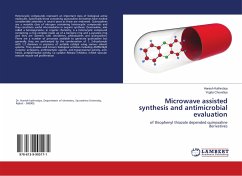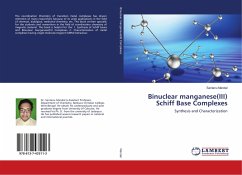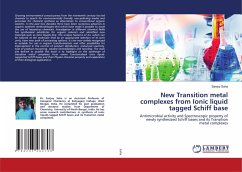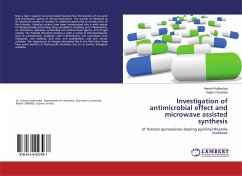The research work deals with studies on the synthesis, characterization and catalytic activities of some transition metal complexes of the Schiff bases derived from 3-hydroxyquinoxaline-2-carboxaldehyde. Schiff bases which are considered as 'privileged ligands' have the ability to stabilize different metals in different oxidation states and thus regulate the performance of metals in a large variety of catalytic transformations. The catalytic activity of the Schiff base complexes is highly dependant on the environment about the metal center and their conformational flexibility. Therefore it is to be expected that the introduction of bulky substituents near the coordination sites might lead to low symmetry complexes with enhanced catalytic properties. With this view new transition metal complexes of Schiff bases derived from 3-hydroxyquinoxaline-2-carboxaldehyde have been synthesised. These Schiff bases have more basic donor nitrogen atoms and the presence of the quinoxaline ring may be presumed to build a favourable topography and electronic environment in the immediate coordination sphere of the metal.
Bitte wählen Sie Ihr Anliegen aus.
Rechnungen
Retourenschein anfordern
Bestellstatus
Storno

